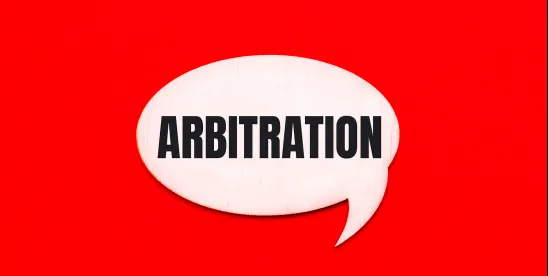Vo v. Technology Credit Union, 108 Cal. App. 5th 632 (2025)
Thomas Vo sued his former employer (TCU) for violations of the FEHA; TCU responded with a motion to compel arbitration. The trial court denied TCU’s motion on the ground that that it was unconscionable due to the arbitrator’s inability to compel prehearing third-party discovery. The Court of Appeal held because there was only a “minimal degree of procedural unconscionability” associated with the “standard pre‑employment paperwork,” the arbitration agreement was not invalid on that ground. As for whether the agreement was substantively unconscionable, the Court held that “the JAMS Rules incorporated into the arbitration agreement here provide an arbitrator the authority to permit nonparty discovery to allow fair arbitration of Vo’s statutory claims.” Consequently, the agreement was not substantively unconscionable, and the motion to compel arbitration should have been granted.



 />i
/>i
